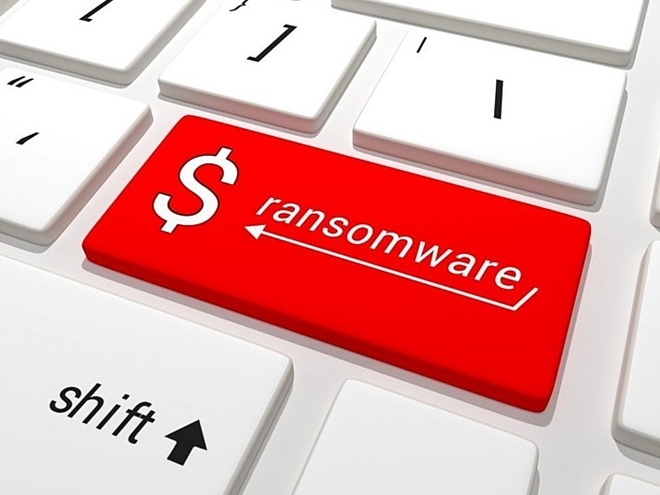VNCERT warns internet users of GandCrab ransomware
- Uber developed secret system to lock down staff computers in a police raid
- Quantum Leap: IBM Presents New Powerful 50-Qubit Computer
- Hacking a computer using DNA is now a reality
The Vietnam Computer Emergency Responses Teams (VNCERT) recently sent a document to many telecom, internet, electric power, aviation, transport, and financial enterprises, warning on a ransomware virus called GandCrab.
The malicious software has been detected in many countries, including Vietnam, and has been designated as more dangerous than the previous WannaCry virus, demanding a ransom of USD400-1,000.
 |
| VNCERT warns internet users of GandCrab ransomware. Photo: ITN |
The VIR said that, GandCrab is a ransomware-type virus distributed using RigEK toolkit. Once inside the system, it encrypts most stored data and adds the “.GDCB” extension to the name of each compromised file. From this point, files become unusable. Immediately after the encryption, GandCrab generates a “GDCB-DECRYPT.txt” and places a copy in every existing folder to seize victims attention.
According to the recommendation, users should not open and click links or email attachments, sent by strangers or acquaintances that include messages of illegible or unusual messages.
After receiving such an e-mail, individuals should report to the technical departments of their companies and organisations to prevent the virus from spreading to other computers and accessing protected systems such as IDS/IPS or the Firewall.
GandCrab was detected in late January this year and spread speedily through advertisements linking to websites hosting the malicious code and through emails.
According to VNE, GandCrab’s nature and attack method are eerily reminiscent of WannaCry, a ransomware that made headlines last year after ravaging global computer systems, including Vietnam’s.
The malicious software proliferated quickly and afflicted 200,000 computers in more than 150 countries by last May, crippling the networks at many businesses and schools, forcing victims to pay hundreds of dollars each to regain access to their computers.
Malware cost Vietnamese users VND12.3 trillion ($540 million) in losses last year, according to Bkav, a Vietnamese cybersecurity corporation.

